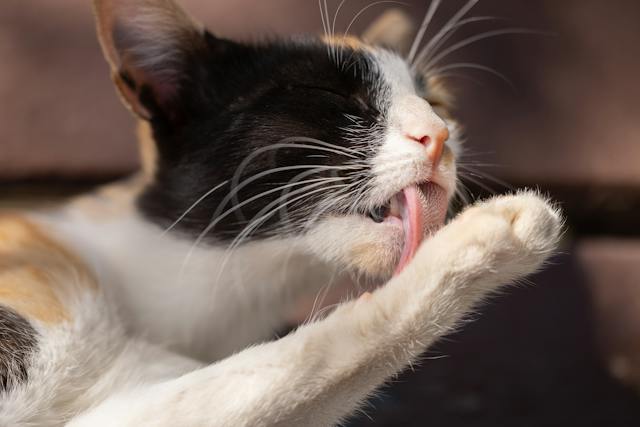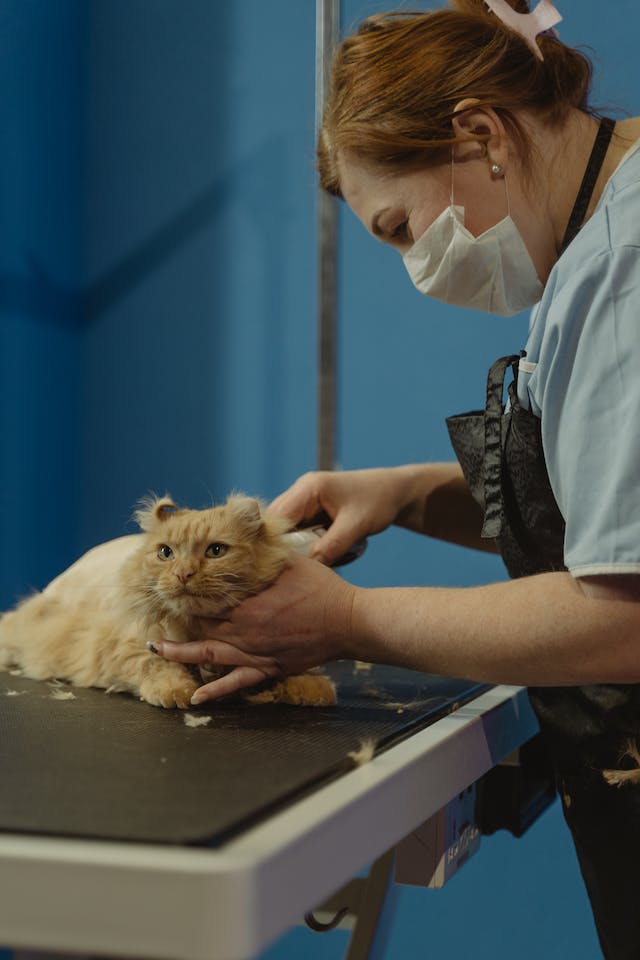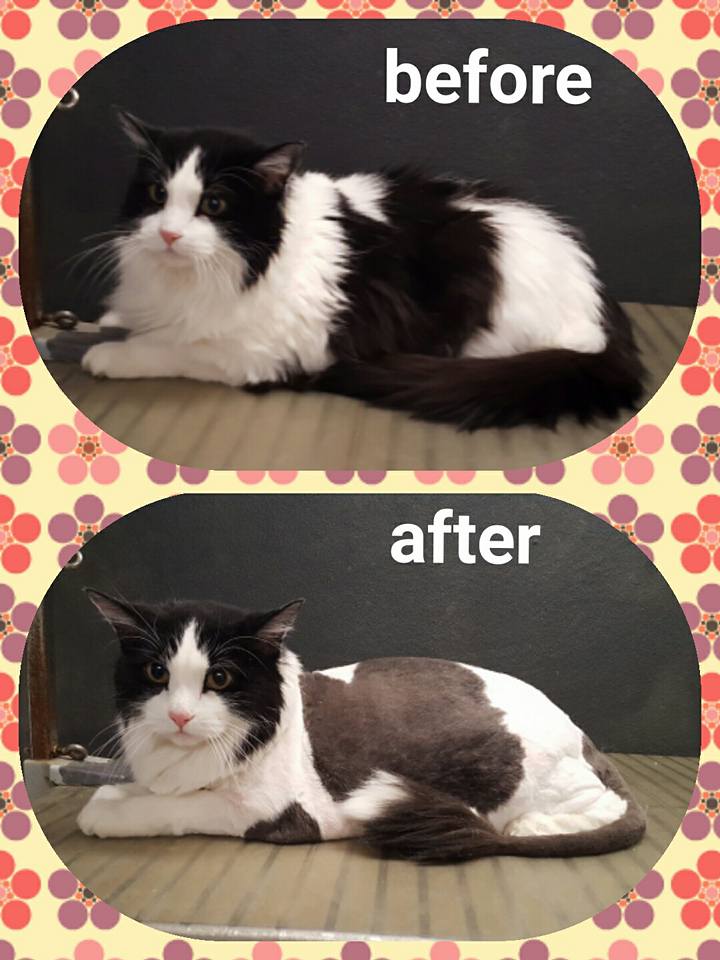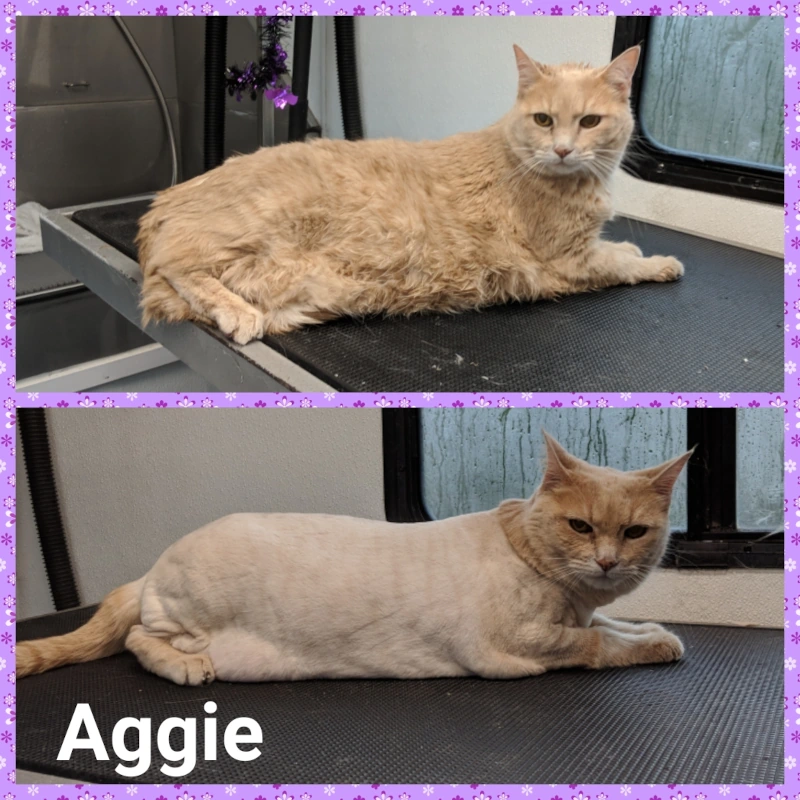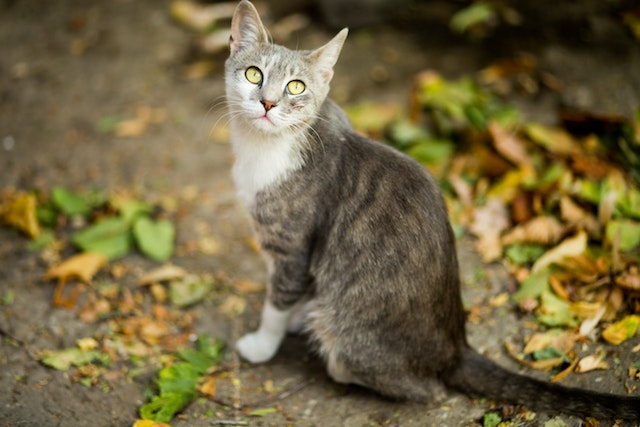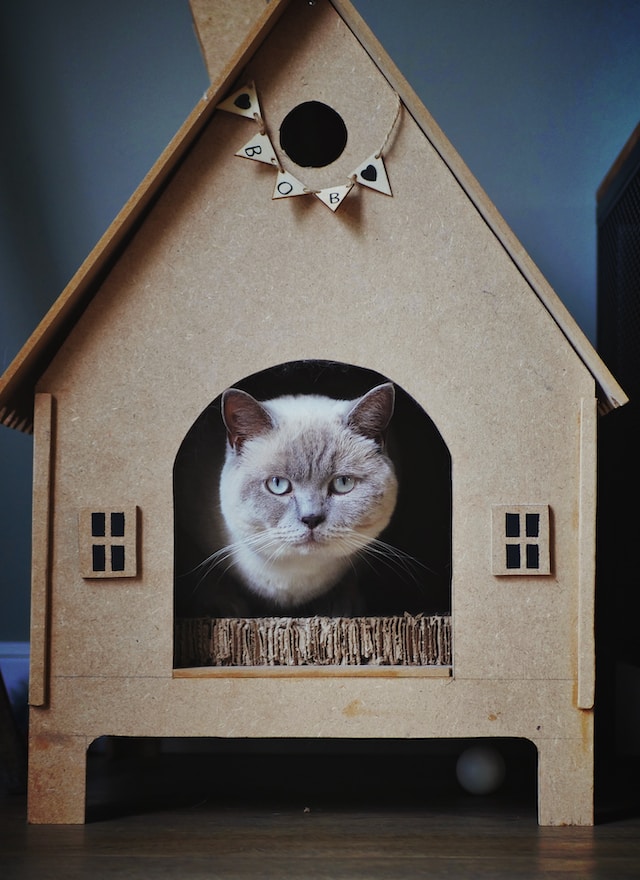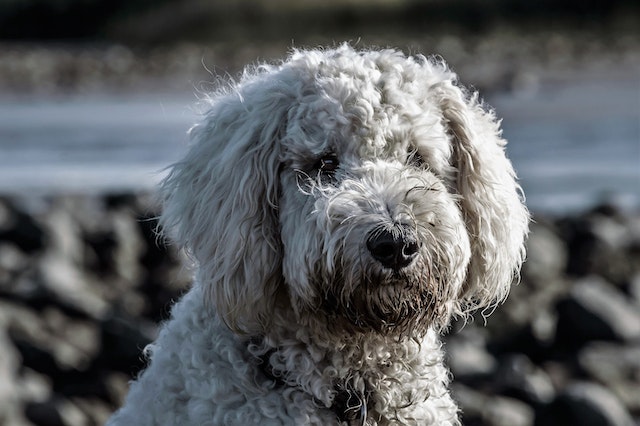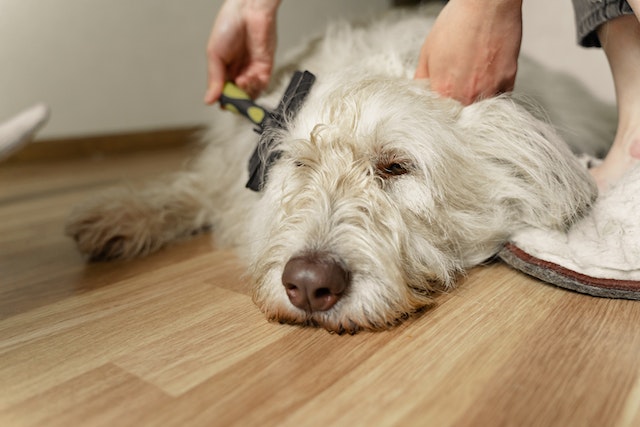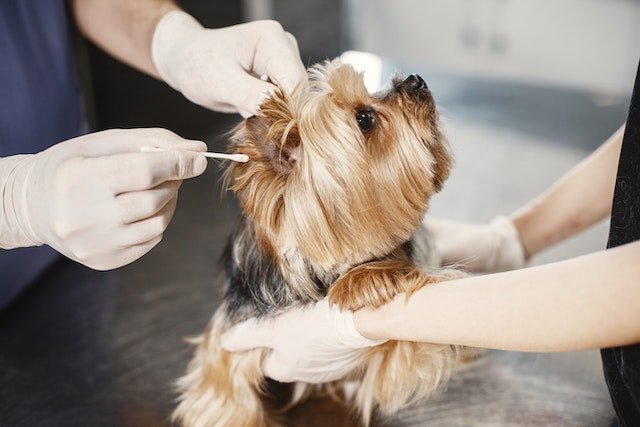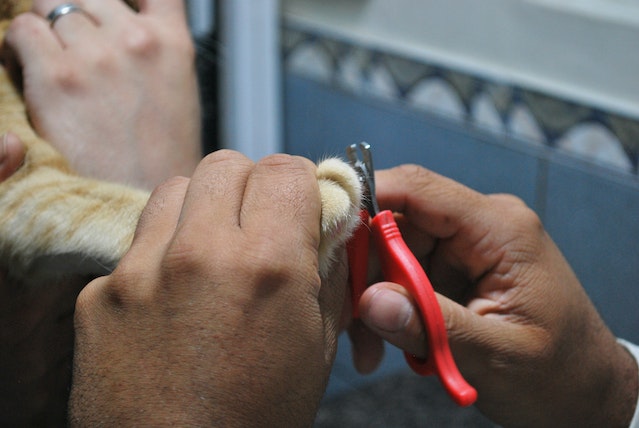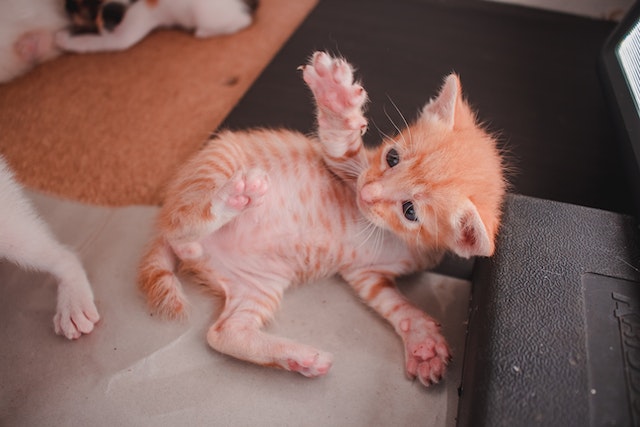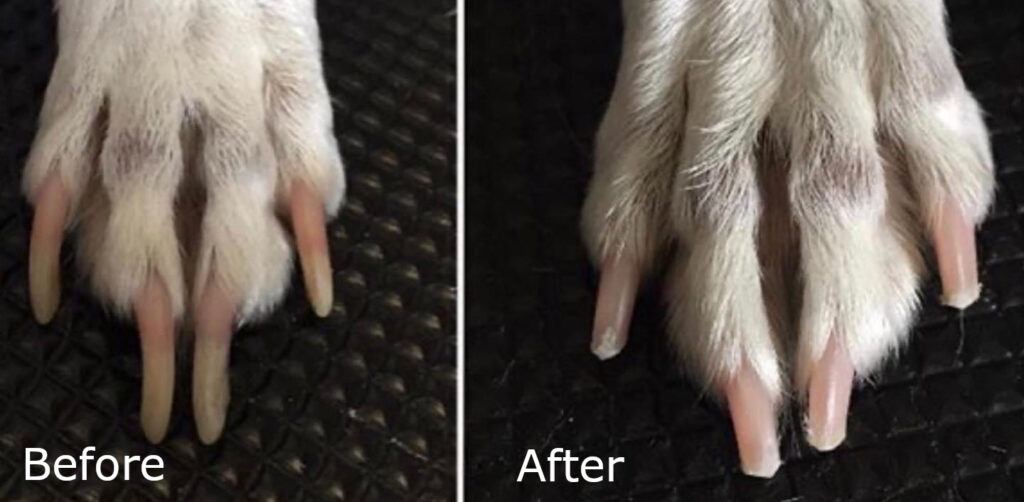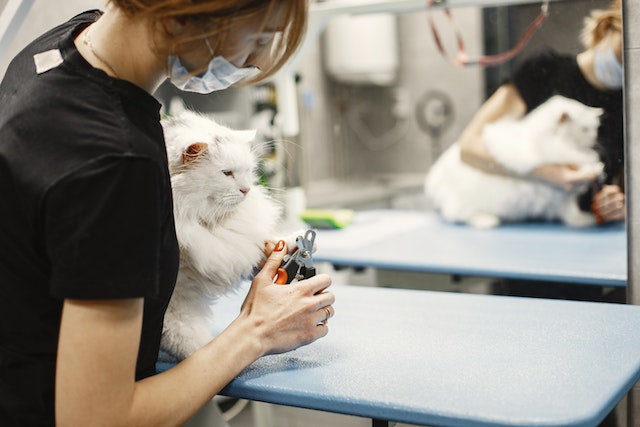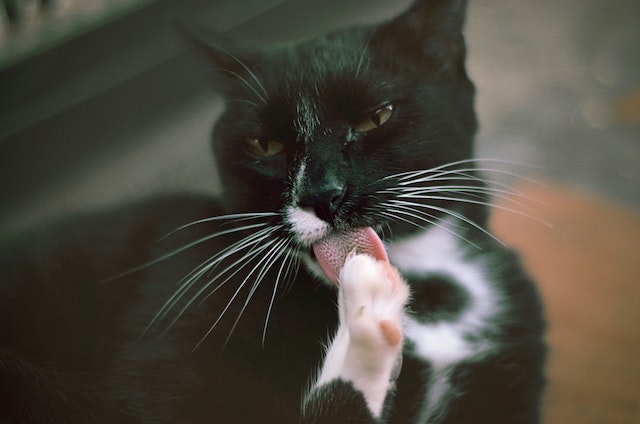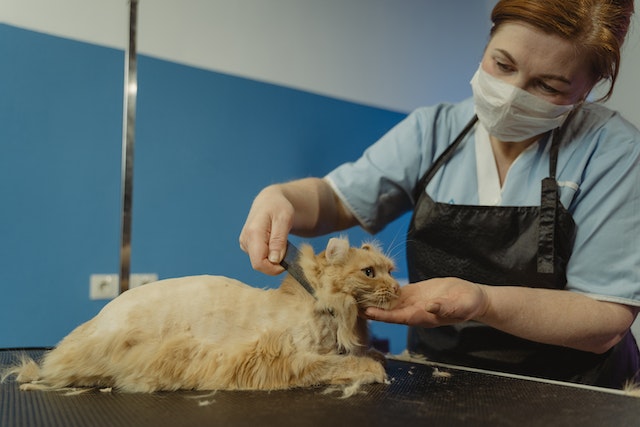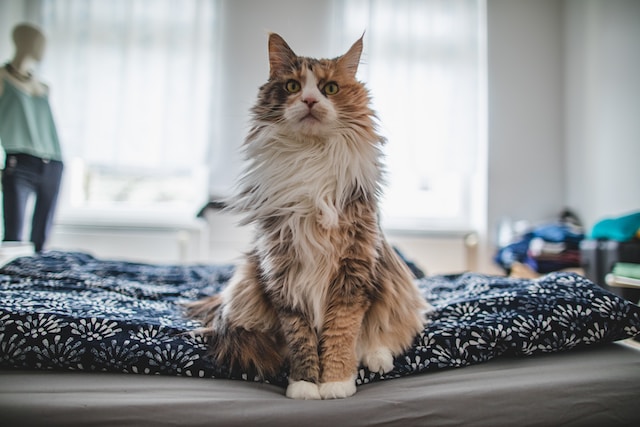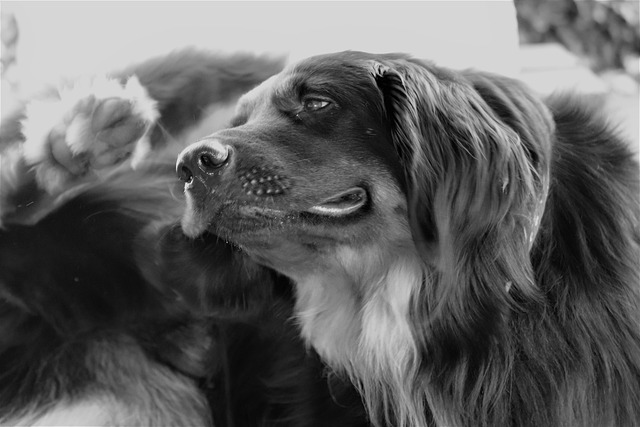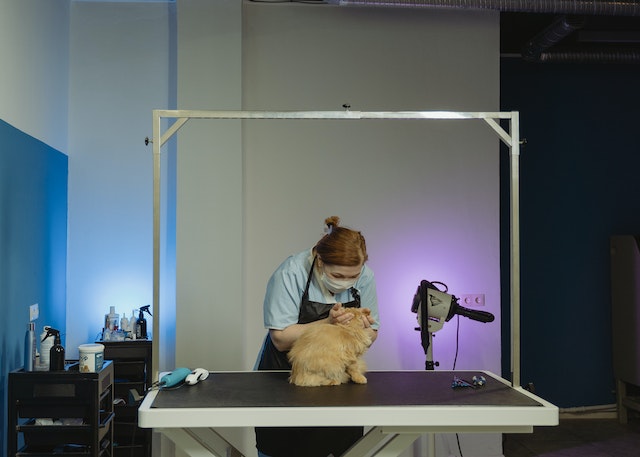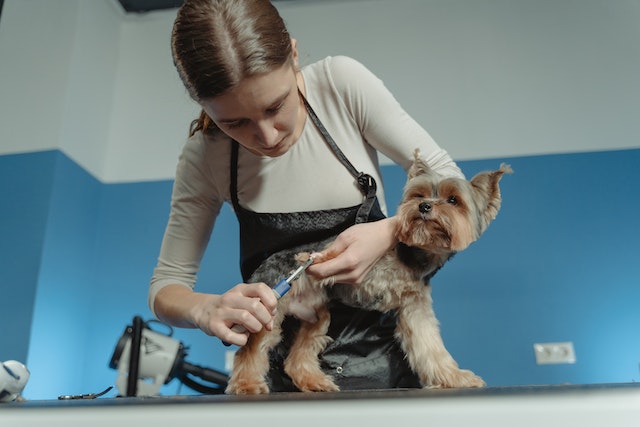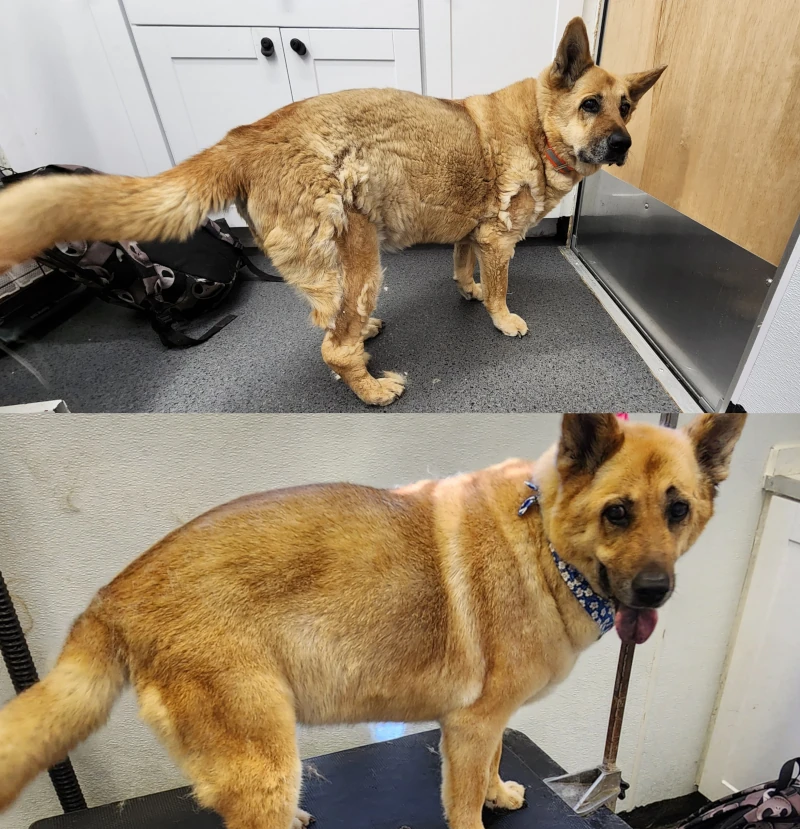Pet grooming isn’t just about keeping your furry friend looking adorable (although that’s definitely a bonus)– it’s an essential aspect of their overall health and well-being. From maintaining a shiny coat to preventing painful matting and skin issues, regular grooming plays a crucial role in ensuring your pet’s comfort and happiness. In this article, we’ll delve into the importance of pet grooming and share expert tips from seasoned professionals in the industry. Whether you’re a first-time pet owner or a seasoned pro yourself, join us as we explore the best practices and techniques for keeping your pet looking and feeling their best.
Regular grooming is paramount for the health and happiness of both dogs and cats. Beyond mere aesthetics, grooming plays a crucial role in maintaining their overall well-being. For dogs, frequent brushing helps to distribute natural oils, prevents matting, and reduces shedding, promoting a healthy coat and skin. It also provides an opportunity to check for any abnormalities such as lumps, ticks, or fleas. Similarly, for cats, grooming not only keeps their fur sleek and free from tangles but also helps to prevent hairballs and reduces the risk of skin irritations. Additionally, grooming sessions allow for bonding time between pets and their owners, fostering trust and strengthening their relationship. Overall, regular grooming is essential for ensuring the comfort, health, and happiness of our beloved canine and feline companions.
Professional pet groomers often have valuable insights and techniques for home grooming that can help pet owners maintain their pets’ appearance and health between professional grooming sessions.
Here are some tips:
Use the Right Tools: Invest in quality grooming tools such as brushes, combs, and nail clippers designed specifically for your pet’s coat type and size. Consult with your groomer for recommendations on the best tools for your pet.
Establish a Routine: Create a grooming schedule and stick to it as this can ease any levels of anxiety from your pet since they become accustomed to all the steps. If you cannot bathe and groom your pet on a regular schedule, consider a grooming service that can come to you on predetermined dates.
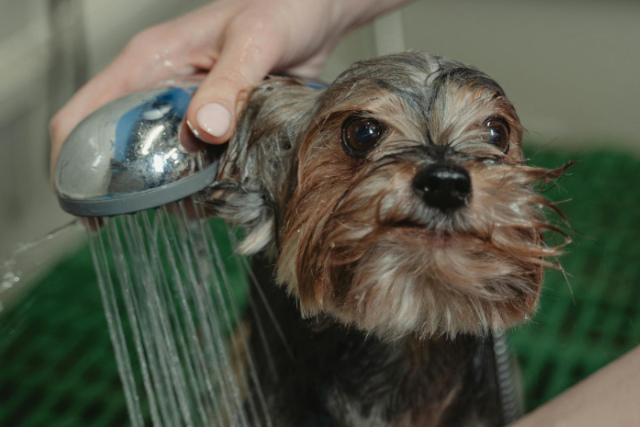
Start Slowly: If your pet is not accustomed to grooming, introduce grooming sessions gradually and use positive reinforcement techniques such as treats and praise to make the experience enjoyable.
Brush Regularly: Brushing your pet’s coat regularly removes loose fur, dirt, and debris, preventing tangles and matting. Brushing also stimulates circulation and distributes natural oils, promoting a healthy coat and skin.
Trim Nails Carefully: Keep your pet’s nails trimmed to a comfortable length using pet-safe nail clippers. Be cautious not to cut the quick, which can cause bleeding and discomfort. If you’re unsure, ask your groomer for a demonstration. It is advisable to keep styptic powder readily available in case a nail is trimmed too close as it’s used to halt bleeding.
Clean Ears and Eyes: Regularly inspect and clean your pet’s ears and eyes to remove dirt, wax, and discharge. Use a gentle, pet-safe cleanser and cotton balls or pads for cleaning, and avoid inserting anything deep into the ear canal.
Bathe with Caution: Bathe your pet as needed using a mild, pet-friendly shampoo. Be mindful of your pet’s skin type and any skin conditions they may have. Rinse thoroughly and dry completely to prevent skin irritation and fungal infections.
Address Mats and Tangles: If you encounter mats or tangles in your pet’s coat, gently work through them using a detangling spray and a slicker brush or comb. Avoid pulling or tugging, as this can cause discomfort and skin irritation, and be sure to use short strokes.
Monitor for Signs of Health Issues: During grooming sessions, pay attention to any changes in your pet’s skin, coat, or behavior. Look out for signs of parasites, skin infections, or other health issues, and consult with your veterinarian if you have any concerns.
Mobile Dog and Cat Grooming in Colorado
At our Collar Cuts, we offer comprehensive grooming services tailored to meet the needs of both dogs and cats. Our full-service grooming package includes everything your furry companion needs to look and feel their best. From a thorough brush and bath session to trimming nails and brushing teeth, we prioritize the well-being and comfort of your pet throughout the grooming process. Our experienced groomers are trained to handle pets of all breeds and sizes with care and expertise, ensuring a positive grooming experience for both you and your beloved companion. Whether your pet needs a routine touch-up or a complete grooming transformation, we’re here to provide top-quality care and attention to every detail and we come to you! Contact us now to get a fast quote.
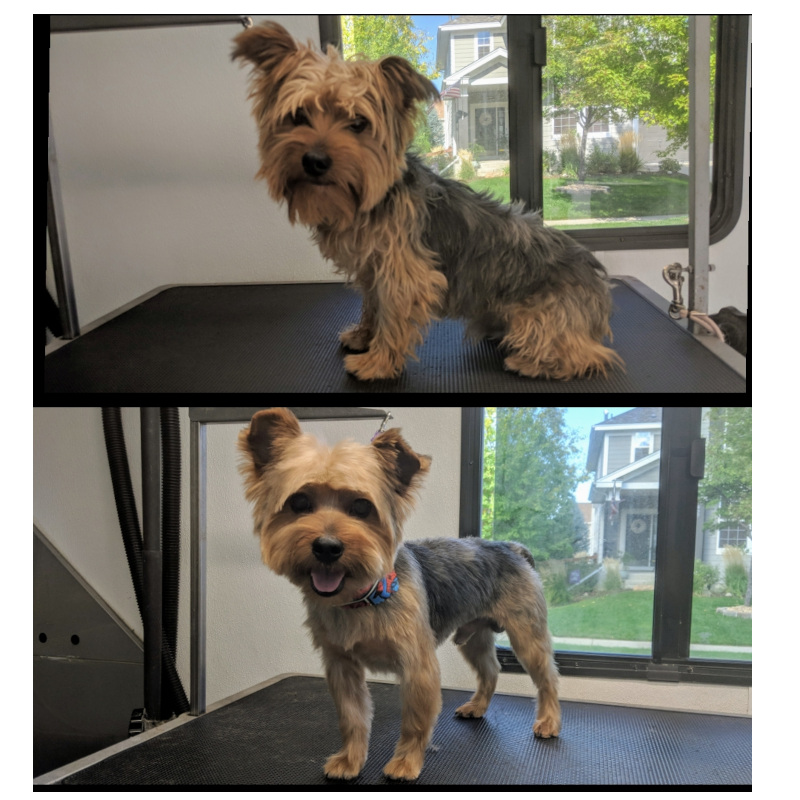
Sources:
hospital.vetmed.wsu.edu
Ccspca.com
Freshbailey.com
Openai.com




